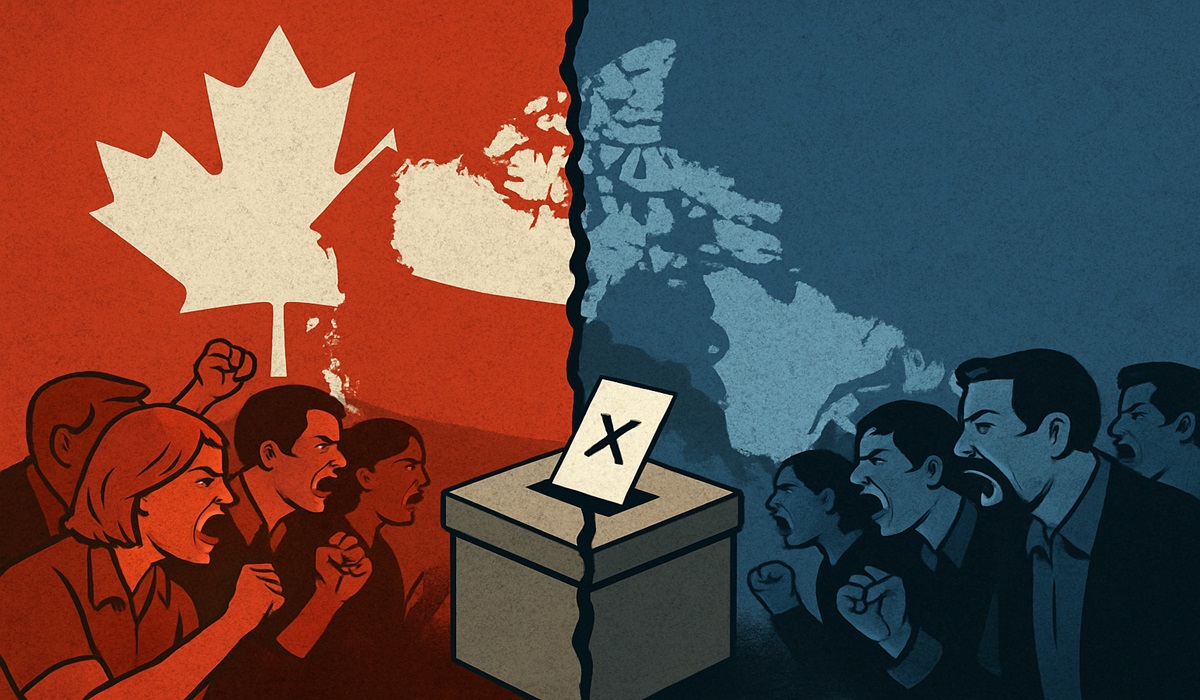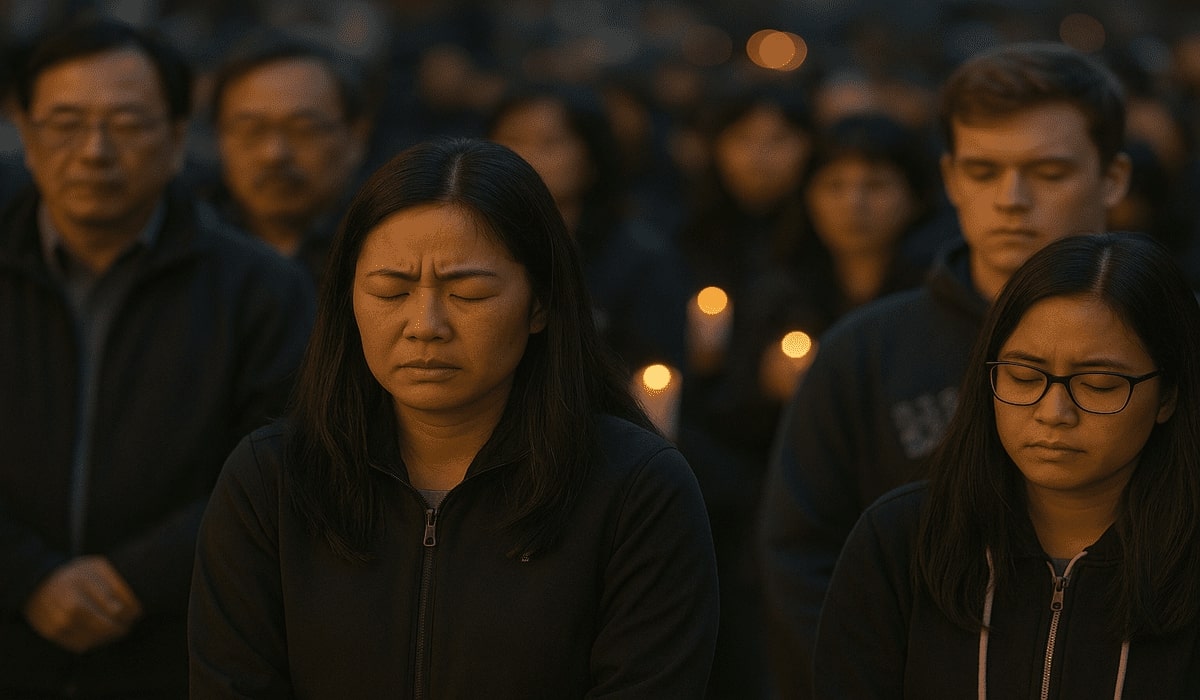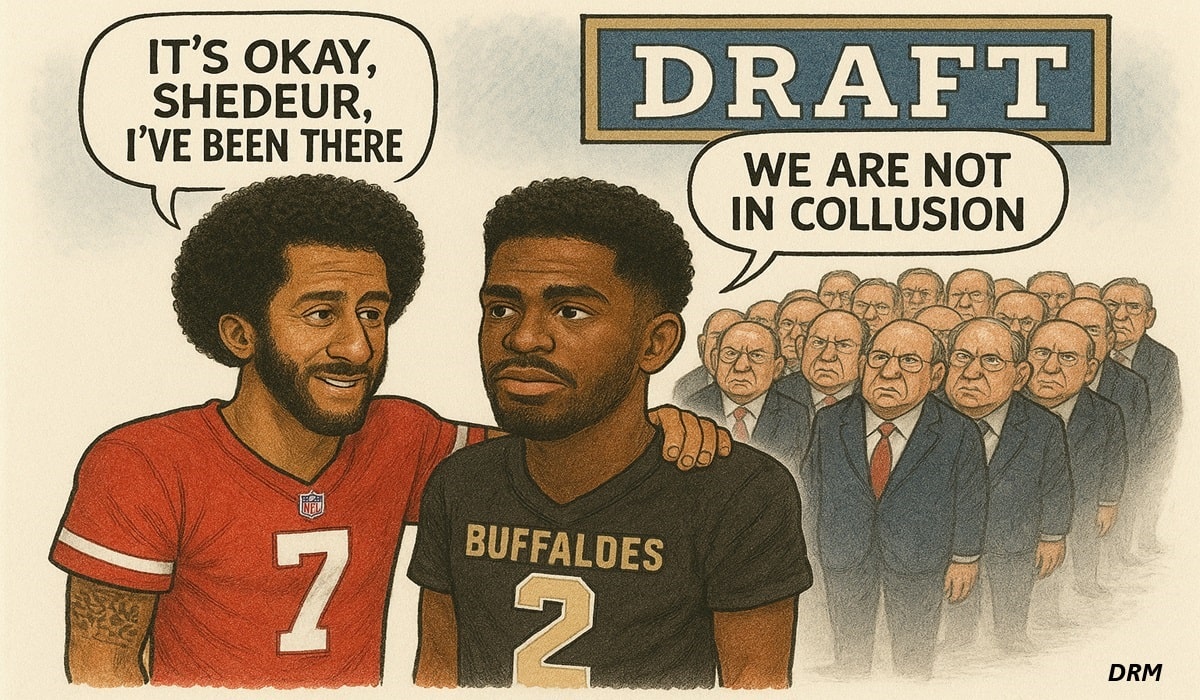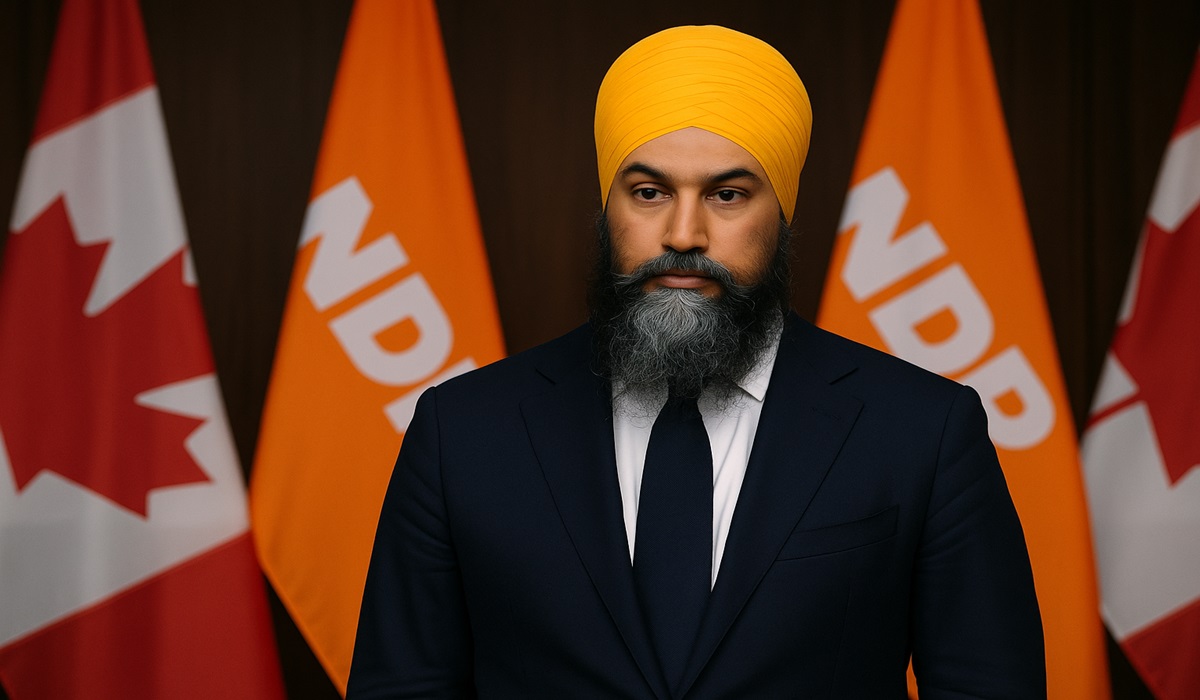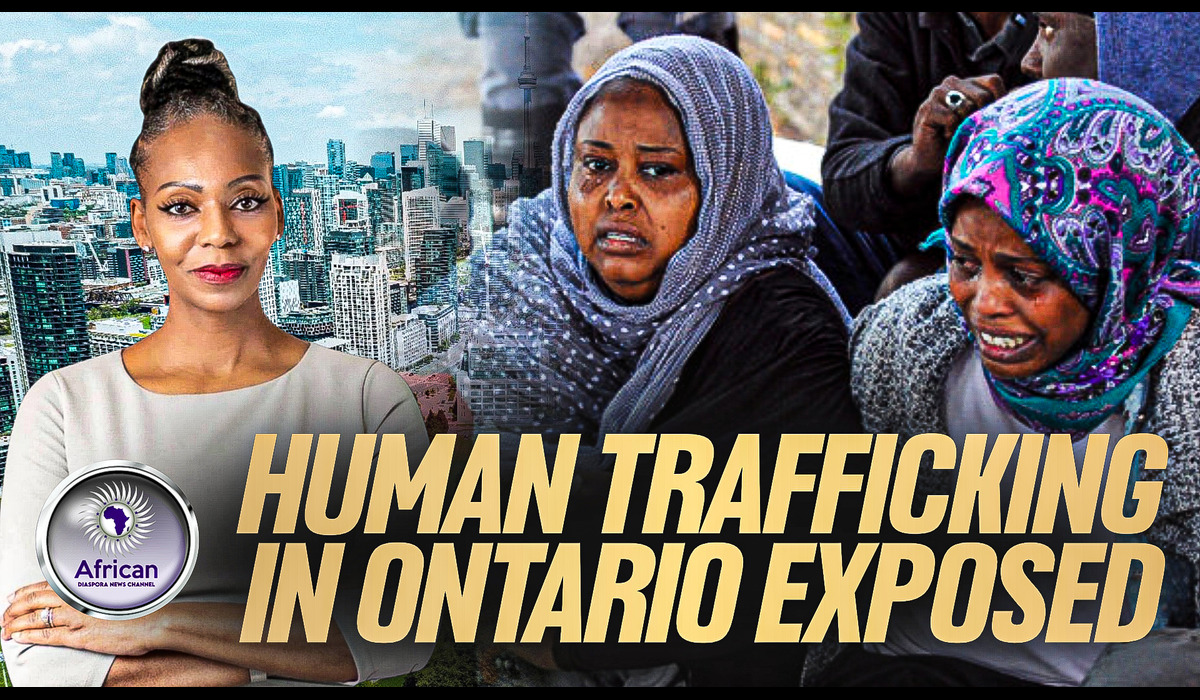The NSICOP Proxy Dilemma: Right-Wing Media’s Failed Attempt to Shed Light on Poilievre’s Security Clearance
- TDS News
- Breaking News
- Canada
- May 26, 2023
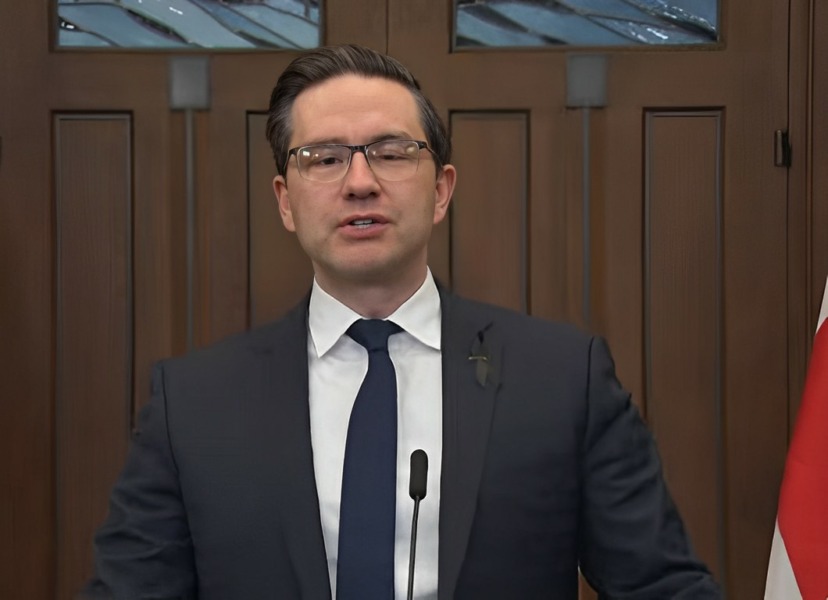
In a recent interview, Pierre Poilievre, the leader of the Conservative Party of Canada, publicly declined to obtain NSICOP (National Security and Intelligence Committee of Parliamentarians) Top Secret Security Clearance. Poilievre’s remarks have stirred controversy, particularly as he suggested that two Conservative Party Members of Parliament (MPs), Alex Ruff and Rob Morrison, already have access to the nation’s top-secret information. He asserts that because they already have clearance, he is not required.
Poilievre confirmed the two Conservatives that already serve on NSICOP are the right people to scrutinize and receive classified documents because he does not want to be muzzled. This contradicts his statement, if MPs Ruff and Morrison, who serve on NSICOP, can scrutinize the Prime Minister and not be muzzled, why can’t he?
Poilievre’s comments may have inadvertently debunked his argument for not obtaining NSICOP’s top-secret security clearance while casting doubts on his trustworthiness and left room for speculation of how NSICOP information would make it to him while not authorized to receive it.
“We already have two conservatives who are cleared to look at these documents and scrutinize what the prime minister proposes to put in front of me. I believe that is the right way to go.” Said Poilievre
It is crucial to recognize that the Conservative MPs who have received NSICOP Top Secret Security Clearance do not lead the party. Furthermore, they are upstanding parliamentarians who have honoured their oath of secrecy. In light of this, it’s understandable how some may mistake Poilievre’s choice of words as an attempt to obtain information using his MPs as proxies.
In this heightened political sphere, this is the state of high-stakes politics, where false accusations, misinformation, leaks from unnamed sources, or poorly chosen words by a political leader can have a politician trending on social media for all the wrong reasons.
In response to our initial article addressing Poilievre’s refusal to obtain NSICOP Top Secret Security Clearance, several media outlets sympathetic to him attempted to clarify his security clearance history. While it is accurate that Poilievre had some level of security clearance during his time in the Queens Privy Council under the Harper government, the specific level and scope of his current clearance remain unclear.
It should be noted that security clearances are typically valid for ten years, meaning that Poilievre’s clearance would expire on July 15, 2023. However, it is possible that he may have undergone more recent security updates due to various factors such as investments, real estate properties, and to address unproven allegations of family connection to organized crime in Venezuela.
Furthermore, briefings and access to the information within the King’s Privy Council can be classified as secret or sensitive but do not necessarily reach the Top Secret Classified information level without undergoing the proper NSICOP vetting process. Additionally, it is essential to highlight that NSICOP was established in 2017, four years after Poilievre’s appointment to the King’s Privy Council. Therefore, it is improbable that he underwent NSICOP clearance procedures at his appointment.
The term “security clearance” is subjective and encompasses various levels and categories of protected information. These levels include Protected A (Confidential), Protected B (Secret), and Protected C (Top Secret), each with increasing potential for harm if compromised. It is reasonable to assume that Poilievre would fall into the Protected A or B category, given his refusal to obtain NSICOP clearance.
It is crucial for Poilievre to cease attacking the Special Rapporteur, Independent former Governor General David Johnston, whose qualifications and non-partisan role have been called into question. Johnston’s appointment as Governor General by Queen Elizabeth II on the recommendation of former Prime Minister Stephen Harper should attest to his credibility.
By refusing to obtain NSICOP Top Secret Security Clearance, Poilievre risks further damage to his reputation, his party, and Canada’s trust in his leadership potential. The more he emphasizes his resistance to obtaining clearance, the weaker his position becomes, raising concerns about his maturity and decorum in assuming the role of Prime Minister.
Pierre Poilievre’s refusal to obtain NSICOP Top Secret Security Clearance has ignited a contentious debate and cast a spotlight on potential breaches of trust and ethics within the Conservative Party. While the specific level of Poilievre’s current security clearance remains unclear, it is essential to recognize the procedural differences between the King’s Privy Council and NSICOP.
As the situation unfolds, it is crucial for Poilievre to reflect on the damage his stance may cause to himself, his party, and the nation. A leader must exhibit the maturity and decorum necessary to inspire confidence and effectively lead a nation. It is imperative that Poilievre addresses the concerns raised by his refusal to obtain NSICOP clearance, as this has broader implications for his credibility and suitability for the role of Prime Minister.

